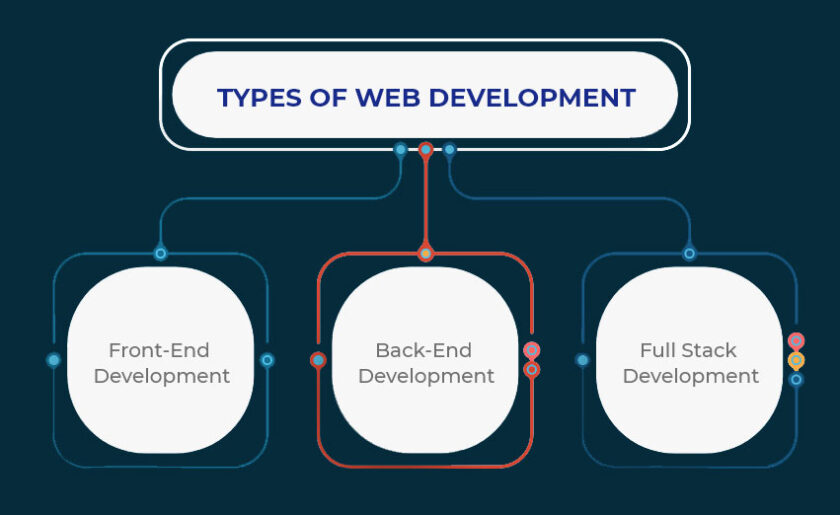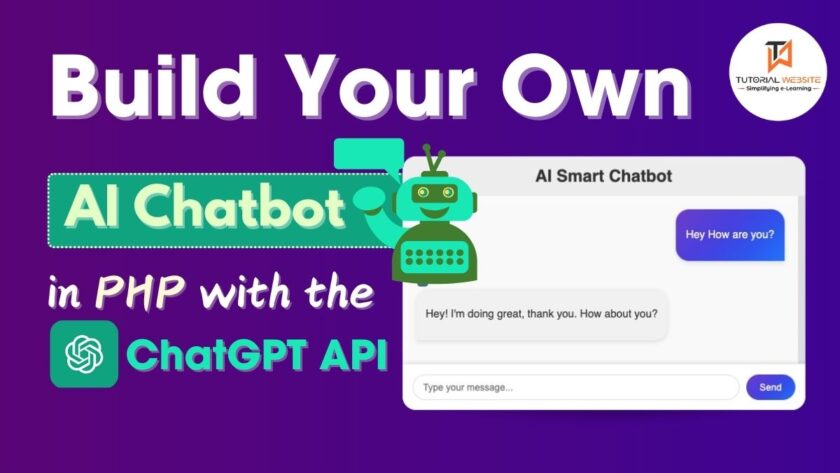Nowadays technology is continuously evolving and every machine is working on some embedded algorithms and programming language. These languages may be c#, Python, Nodejs, PHP, learn Java, or any other coding language. If you are thinking of going into the IT field then you must start learning programming languages starting from C++.
There is a cluster of coding languages to learn but you don’t need to learn all of them, just maintain command on one of them strongly. So many beginners have this same confusion of what language should I choose to better lead my coding carrier.
So the suggestion is to go with Java. Now again the question arises why Java? So in this article, we are going to discuss all java languages and complete a guide to unlocking your java carrier.
What is Java?
Java is an object-oriented and general-purpose programming language. It was developed by James Gosling at Sun Microsystem in 1991. It is used for designing and developing mobile applications, web applications, database connections, etc. It is one of the most popular and widely used programming languages that work on different platforms.
The structure of java allows the users to reuse the code and lower the development cost. The rules and syntax of Java are based on C and C++ language.
Interested in a Java Certification course? Register now for offered by ‘Mindmajix – A Global Java online training platform’.
Why learn Java?
Here we will see some of the features of the Java programming language to find the reason why to learn Java?
- Java is easy to learn: It takes very less effort in learning as it has a very simple syntax based on C and C++ languages. The coder can easily learn and understand the concept of java and get started with it very soon.
- Java has an abundant API: It has a very liberal API (Application Programming Language) which involves classes, packages, interface, etc. It has three types of API named Official Java core API, Optional Official Java APIs, and Unofficial APIs. These APIs are used for networking, I/O, databases, media, XML parsing, speech, etc.
- Java is platform Independent: Since the java code is converted to byte code with the help of a compiler that can be run on any platform. Java can be executed on any platform like windows, LINUX, etc.
- Java is versatile: Java is used for programming applications on the web, mobile, desktop, etc., and used on different platforms. It has so various features like dynamic coding, multiple security, platform-independent and network-centric designing, etc.
- Java is secured: it can develop a virus-free system and is best known for its security because it has no explicit pointer, runs inside a virtual machine sandbox, security manager, byte-code verifiers, etc.
- Java is robust: java is a very robust programing language as it uses strong memory management and provides automatic garbage collection to get rid of the object which is not used by the java applications anymore. It has also a checking mechanism and exception handling which makes java robust.
- Java is portable: Java is said to be portable because the coder carries the java byte-code to any other platform and it does not need implementation everywhere.
- Java is dynamic: Java has dynamic nature as it loads the dynamic classes on-demand, dynamic compilation, memory management, garbage collection, etc.
Types of web development:

Before starting your carrier in web development, you should know the various kinds of web development in the IT field. So web development is categorized into three main parts:
- Front-end web development: The responsibility of the front-end developer is to make the look of the website interactive and professional including images, colors, icons, etc. This is responsible for the look and feel of the website. The front-end programming languages include HTML, CSS, and Javascript. It is also known as client-side web development. The client-side web development includes the designing procedure of websites based on front-end technologies.
- Back-end web development: It is also known as server-side web development. The back-end developers are responsible for the source code and logical part of the website. It includes the coding and algorithm part by focusing on back-end logic, databases, servers, and APIs.This includes the typical programming languages such as JavaScript, PHP, MySQL, etc. The back-end coding joins the website to the server.
- Full-Stack web development: Full-stack web development includes both the front-end and back-end responsibilities. Full-stack developers do the back-end coding as well as design the user interfaces. They have the proper knowledge of web designing, database, and website debugging as well. Additionally, the full-stack web developers are continuously in search of new trends like block-chain, deep learning, and multi-cloud based on the projects they are provided.
Guide to unlock your Java Carrier:
Java is being used in every company whether it is small or big such as Google, Amazon, Microsoft, etc. So becoming a java developer can be very beneficial and can boost your carrier. But most beginners don’t get proper guidance on how to get started with this and get into the software developing field. So here are some tips to getting started with the Java programming language:
- Firstly master the core Java: Knowing fundamentals will help you to learn the advanced Java very quickly and efficiently. The core java includes the fundamentals of loops, array, operators, and much more. The Java SE includes a range of APIs like Java. lang, java.io, java. maths, etc. you should also know the basics of OOP’s concept because these are some basics of core java.
- Keep Practising: Practice makes the man perfect. So keep practicing the core java so that at least you should not face any error while writing syntax. Command on theory is good but practical implementation is the most mandatory thing in learning a programming language. You should know the approach and error-solving concepts. So this all comes by practice again and again.
- Start learning Java EE: After completing the core java part start your advanced java journey. Advanced java enables you to work on web development, web services, servelet, Web-Socket, java server faces, etc.
- Start making projects with Servlets and JSP: Try to make small projects based on your concept. After finishing with the advanced java, join it with front-end languages like HTML, CSS, and javascript so that you can make complete projects even for the presentation, mention in the resume, or your accomplishments. You should make at least two projects, one on JSP and the other on Servlet. This will give an analysis of your command of Java Programming.
- Start learning Hibernate and Spring Framework: Almost all of the big companies are using frameworks such as Spring Boot, Spring MVC, and spring cloud. So after finishing up with both the core and advanced java, you should go with some projects based on the Java framework including the Hibernate Framework and Spring Framework.
- Work on live projects: One of the best ways to polish your skill is to take live projects as a freelancer. So before applying to the big companies you should work on it. The strict deadlines, quality of the content, expectations of the client will help you to become an expert in your job and make you job-ready for the future.
- Develop your soft skills: Soft skills are the most common problems of beginners that they don’t focus on it. Apart from your technical skills, the organization or the company mainly focuses on a soft skill that is flexible and versatile or not. Soft skills include communication skills, analytical, troubleshooting skills, time management, etc. This is the main key to cracking any interview round of the big companies to get into the IT field.
Skills need to be a good Java developer:
Here are some skills that are needed to be a Java developer. If you wanted to be a java developer then you should be master some skills that will include developing your
- Java Developing Ability: You must be good at advanced java and creating your new projects. You should know how to debug as well.
- Code testing skill: Before deployment, code testing is the most important part, and being a java developer you should learn how to perform various testing procedures like functionality testing, static code testing, and unit testing.
- SQL testing: Most java programmer uses SQL (Structured Query Language) while building the databases. Therefore you are familiar with the queries of this and how to use it ideally. Also, the developer must know about the other databases system like Oracle, Microsoft SQL, MySQL, etc.
Suggested Read: Node.js Developer Crash Course in Hindi
Conclusion
So this was all about the Java programming language and hope that you get all your answers regarding the Java carrier in the IT field. Java is a very robust coding language and there are so many ways to get into the coding and web developing sector if you have a better command of it.
Choosing the language based on its demand is being very difficult in this developing nation. The majority of beginners lost their path just because of the lack of proper guidance. But once you have taken the right decision based on your interest and knowledge, you can accept the upcoming challenges very efficiently.

My name is Korra Shailaja working as a content contributor at MindMajix. I’m a tech enthusiast and have a great understanding of today’s technology. I am an expert in writing content on demanding technologies such as Salesforce tutorial, Cybersecurity tutorial, Software Testing, QA, Data analytics, Project Management, ERP tools, etc.





